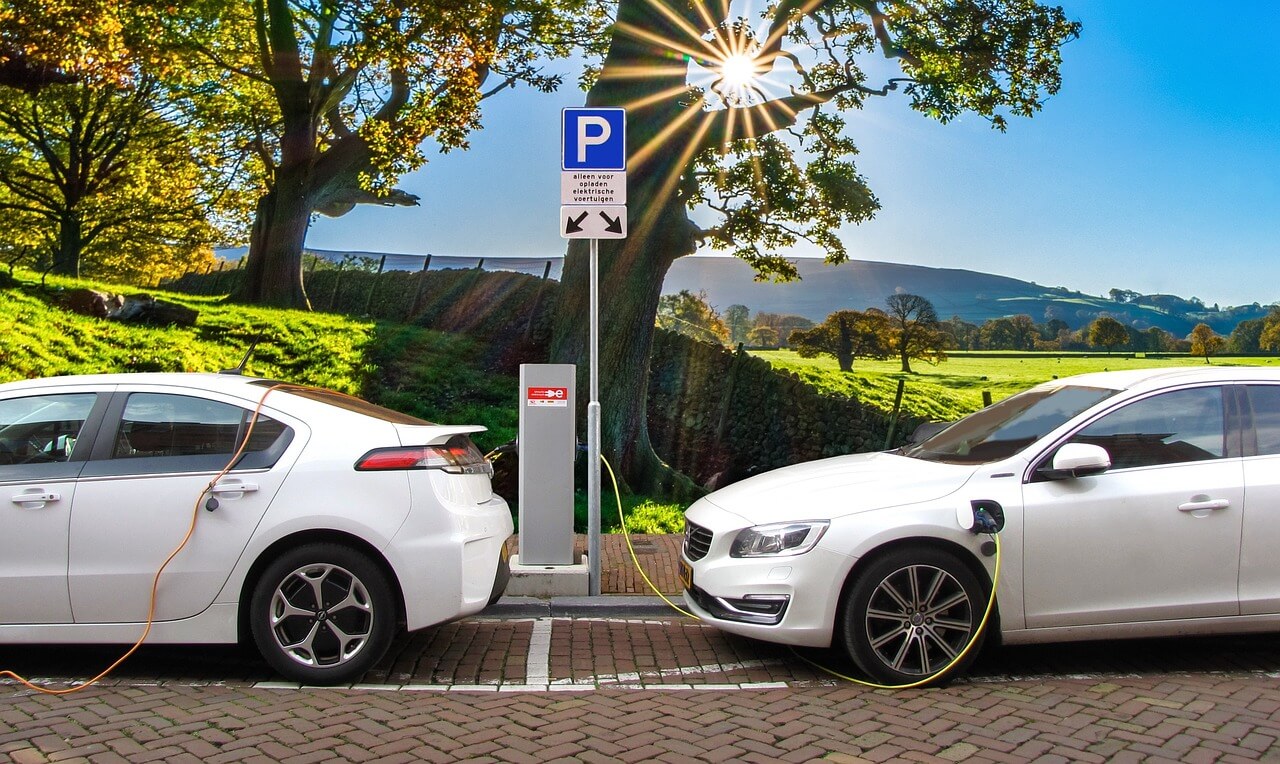WASHINGTON — If you bought an electric vehicle years ago thinking you would be ahead of the gasoline curve, a new study has some bad news for you. It turns out older EV models are worth less today than their gas-powered counterparts. Despite that financial bummer for long-time EV drivers, researchers from George Washington University do have some good news: newer EVs are closing the gap on gas cars, making them affordable options on the resale market going forward.
The study, published in the journal Environmental Research Letters, analyzed over nine million used vehicle listings from 2016 to 2019 across the United States. Researchers compared how different types of vehicles depreciated by looking at their listing prices versus the original manufacturer’s suggested retail price (MSRP) when new.
They found that while conventional gas-powered vehicles and hybrid electric vehicles tended to hold their value reasonably well over time, plug-in hybrid electric vehicles (PHEVs) and battery electric vehicles (BEVs) – the cars powered solely by rechargeable batteries – had historically experienced much faster depreciation rates.
For example, the study estimates that the average BEV lost around 16 percent of its value per year over its first eight years. In contrast, the average gas vehicle only lost around 10 percent annually.
However, a promising trend emerged. The newest BEVs and PHEVs were bucking that trend and depreciating at rates much closer to their gas-powered counterparts.
The researchers found that each model year, BEVs and PHEVs were retaining around five to 10 percent more of their original value than the previous model year. This held true even after accounting for factors like vehicle mileage, time on the dealer lot, fuel efficiency, and subsidies or tax credits that lowered the new vehicle price.

What’s driving this improvement?
According to the study’s authors, one key factor is the increasing range of newer BEV models. Longer driving ranges help alleviate consumer “range anxiety” concerns about running out of battery before reaching the next charger.
The study found that for every extra 10 miles of electric range, BEVs retained around 5.6 percent more of their resale value on average. So, a BEV with a 300-mile range could be worth over 15 percent more at resale than an otherwise identical model with just a 200-mile range.
The lone exception was Tesla’s luxury BEV models. While retaining their value extremely well initially compared to other BEVs, Tesla’s older models saw their residual values sliding recently as more models entered the market and new versions were released.
Interestingly, the study also revealed that federal tax credits and rebates offered on new EVs were effectively providing a small indirect subsidy that lowered prices in the used market by around three percent.
So, what does this mean for EV buyers?
The improving residual values suggest that automakers are alleviating some of the concerns around battery degradation and uncertain long-term reliability that have historically plagued the secondhand EV market.
As newer EVs with more advanced battery technologies and longer ranges hit the used market, consumers have more affordable options to choose from without worrying about dramatic depreciation. A lower risk of rapid devaluation helps make the upfront cost of an EV a bit easier to swallow.
Of course, the used EV market was disrupted along with the rest of the auto industry by pandemic-related supply chain issues and shortages over the past couple of years. The study found that from January 2020 to March 2022, used EV prices surged by around 39 percent in real terms.
However, as supply constraints ease, those elevated prices should normalize and the improving residual values will help keep used EVs more affordable. Wider adoption of EVs among more budget-conscious buyers could then accelerate as secondhand options become increasingly viable.
John Paul Helveston, an assistant professor of Engineering Management and Systems Engineering at George Washington University and the study’s corresponding author, calls this shift in EV value a “double-edged sword.”
“While a higher resale value in future is better for new car buyers, it also means the end of lower cost used electric vehicles, which was an important source of affordable electric vehicles,” Helveston explains in a statement.
While gas-powered vehicles still have an edge on residual value today, the findings suggest the playing field is leveling for EVs. As battery technology continues advancing, it’s quite possible that trend will only continue in the coming years. The resale market will be a crucial enabler for the transition to electric vehicles by providing more attainable access to the technology. With improving residual values closing the affordability gap, an electrified future could be coming to a used car lot near you.
Article reviewed by StudyFinds Editor Chris Melore.

